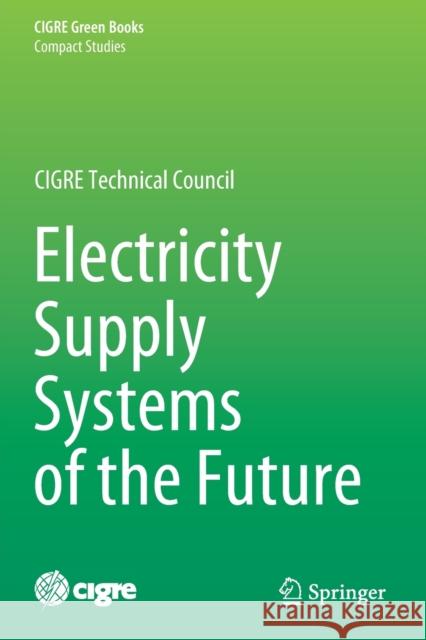Electricity Supply Systems of the Future » książka
topmenu
Electricity Supply Systems of the Future
ISBN-13: 9783030444860 / Angielski / Miękka / 2021 / 664 str.
Electricity Supply Systems of the Future
ISBN-13: 9783030444860 / Angielski / Miękka / 2021 / 664 str.
cena 563,56
(netto: 536,72 VAT: 5%)
Najniższa cena z 30 dni: 501,19
(netto: 536,72 VAT: 5%)
Najniższa cena z 30 dni: 501,19
Termin realizacji zamówienia:
ok. 16-18 dni roboczych.
ok. 16-18 dni roboczych.
Darmowa dostawa!
Kategorie:
Kategorie BISAC:
Wydawca:
Springer
Język:
Angielski
ISBN-13:
9783030444860
Rok wydania:
2021
Wydanie:
2020
Ilość stron:
664
Waga:
0.92 kg
Wymiary:
23.39 x 15.6 x 3.45
Oprawa:
Miękka
Wolumenów:
01
Dodatkowe informacje:
Wydanie ilustrowane











